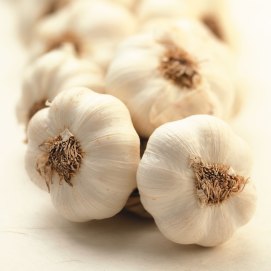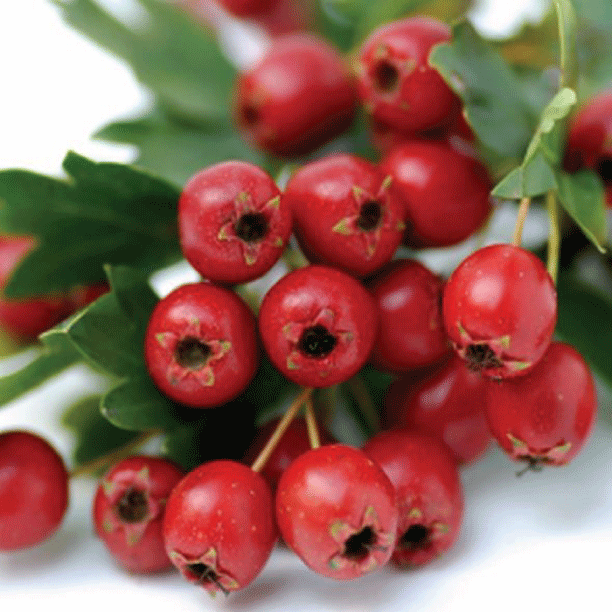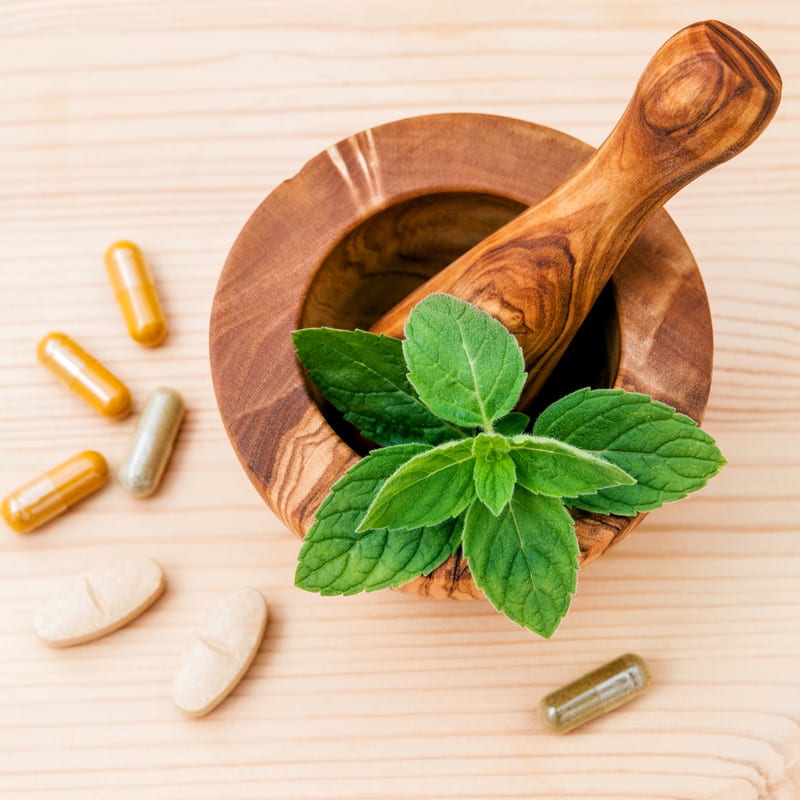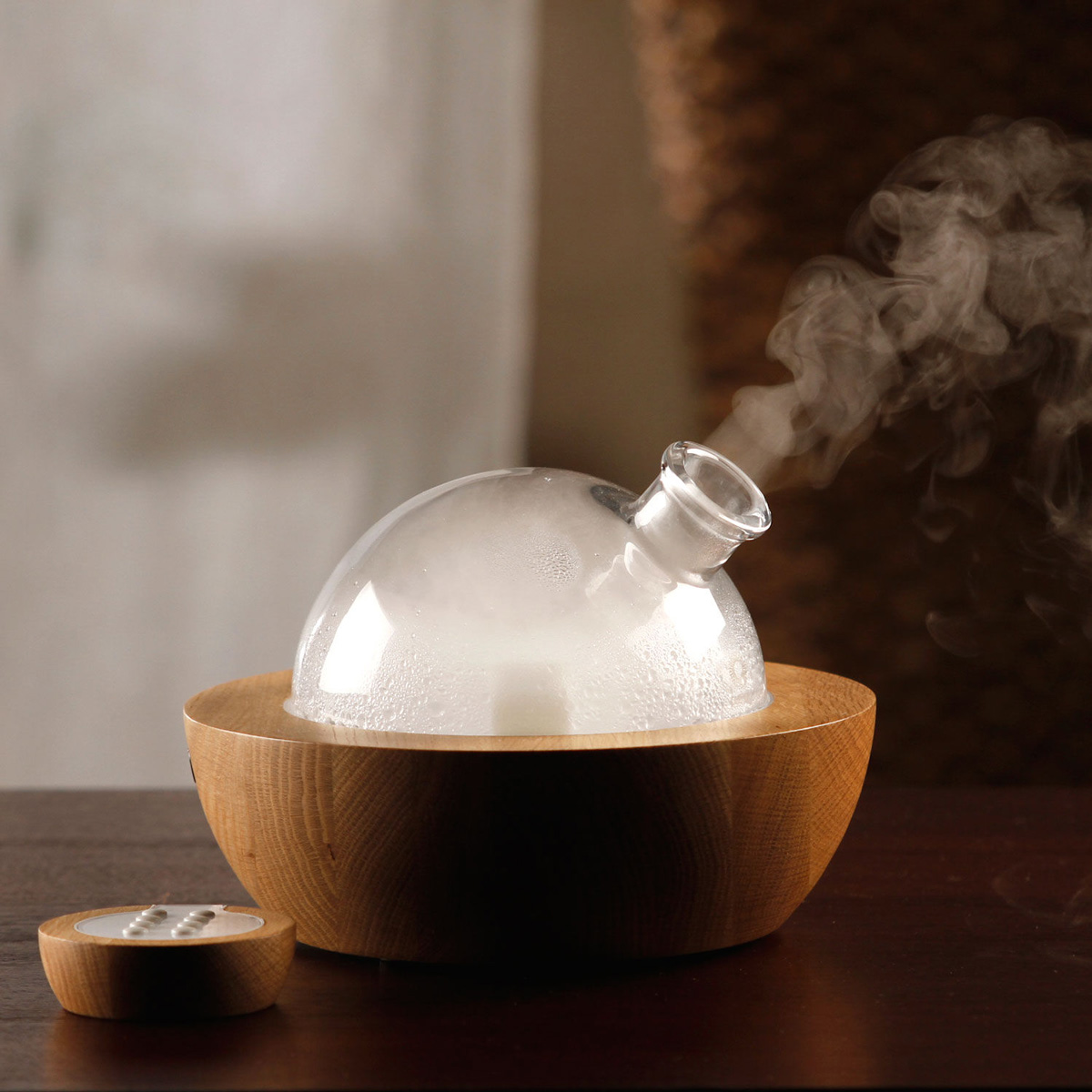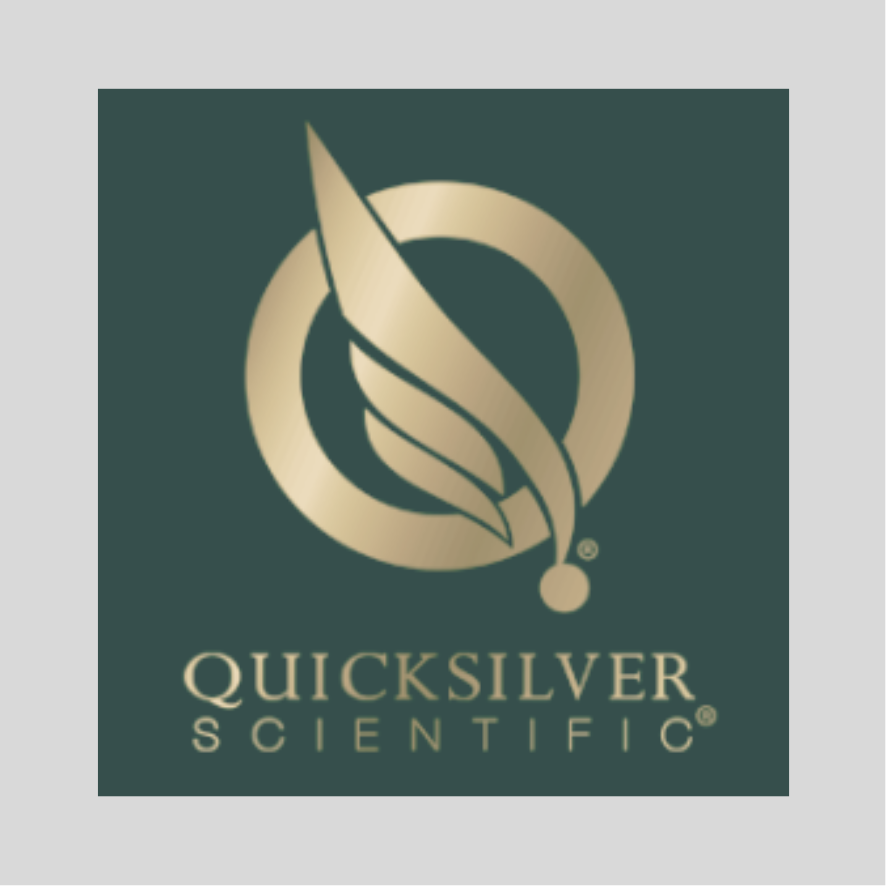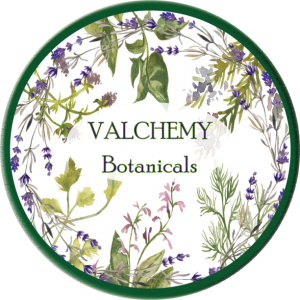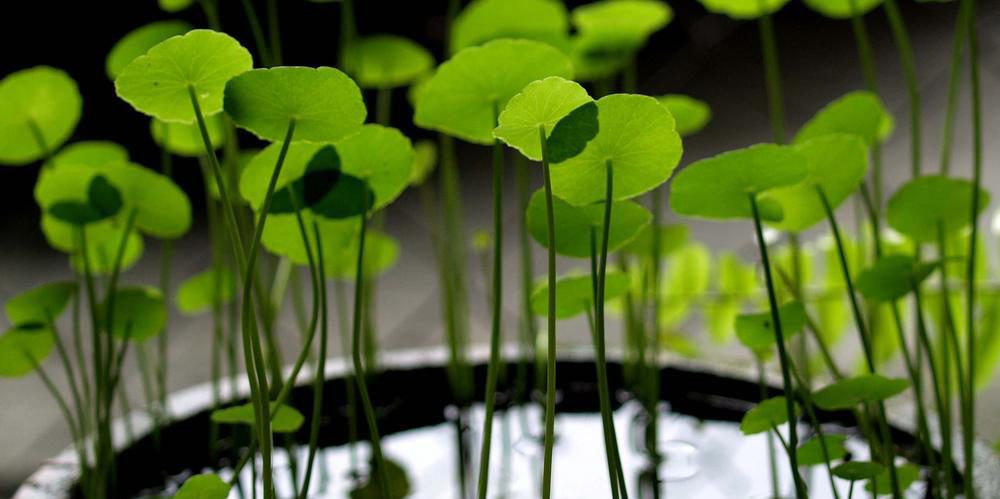From actually increasing intelligence to improving memory, tissue oxygenation and even regrowing neuronal connections, these four superstar herbs are in a class of their own when it comes to improving brain function and creating lasting neurological health.
Gotu Kola
Revered by Daoist masters and Yogis for thousands of years as a powerful longevity boosting herb, it comes as no surprise that Gotu Kola is one of the master plants on the planet for improving brain health. Gotu Kola has been shown in animal and human studies to increase brain cell dendrite outgrowth [1,3], meaning that it increases the neural axonal density of the brain, which has been correlated with increased intelligence and enhanced intracellular communication. Extracts of the plant have also been shown to repair damaged neurons and promote growth of new neural networks [2,3]. Studies of children fed Gotu Kola over long-term time horizons showed measurable changes in IQ and general intelligence markers [4]. It is also believed to facilitate enhanced communication between brain hemispheres, which has been shown to stimulate greater creativity and lead to an increase in the occurrence of positive brainwave states (alpha, theta and gamma in particular) [5].
However, as amazing as all this is, it’s really only the tip of the iceberg. Gotu Kola has a number of other highly beneficial effects on the body and mind that are outside the scope of this article but that you can read about if you are interested here: consciouslifestylemag.com/gotu-kola-benefits-of-the-herb-of-enlightenment
Lion’s Mane
Lion’s Mane is a medicinal mushroom that has been used for thousands of years throughout Asia as a powerful natural medicine. In recent studies conducted by Japanese Dr. Hirokazu Kawagishi, it was discovered that the mushroom stimulates the synthesis of a very unique and important compound known as nerve growth factor (NGF).
Nerve growth factor is a bioprotein that plays a critical role in the maintenance, health and regeneration of neurons in the brain and body [6]. A lack of NGF is considered one of the major causes of Alzheimer’s and other degenerative brain diseases. NGF is required by the brain and important sensory neurons located throughout the body to keep the entire nervous system strong, robust and healthy [7]. NGF is also known to stimulate new neuron growth in the central and peripheral nervous systems. NGF is the primary protein nutrient responsible for enhancing and repairing neurological disorders and literally rebuilding the nerve network in the brain and the body from the inside out [8].
The various compounds found in the Lion’s Mane mushroom mycelium are some of the most powerful NGF inducers of all natural compounds known to man. These compounds allow the NGF in Lion’s Mane to actually pass through the blood-brain barrier to encourage the production of new neurons within the brain itself, which is typically not possible due to the myelination of nerve fibers [9].
If that wasn’t enough, Lion’s Mane has also been shown to reduce amyloid plaques that interfere with brain neurotransmission [10]. Essentially, amyloid plaques are clumps of proteins, which form in the fatty membrane surrounding nerve cells. As they break off, they can end up interfering with the signals between cells, which is believed by researchers to play a role in the formation of Alzheimer’s and other neurodegenerative disorders, like Parkinson’s.
Gingko Biloba
Ginkgo Biloba has been traced back nearly 300 million years, making it the oldest surviving tree species on the planet. Ingesting this primal tree’s leaves confers many biological benefits, but perhaps some of its most important are its effects on the mind. Animal studies have shown Ginkgo to boost stem cell production in the brain, which has been shown to have positive effects on memory and cognition, as well as promote general rejuvenation and repair [11]. In addition to its remarkable effects on stem cells, Gingko also stimulates neurotransmitter production [12] and has been useful for treating brain-related conditions such as memory loss, concentration problems, mental confusion, depression, anxiety, dizziness, tinnitus, and headache.
Its effects are at least in part related to its ability to increase blood flow and oxygenation to various parts of the body, most notably the brain [12]. However Gingko has also been used to treat asthma, bronchitis, fatigue, bladder irritation, low libido, intestinal parasites, and gonorrhea, among other things, making it one of the foremost medicinal herbs on the planet.
Bacopa
Often referred to by the traditional Sanskrit name of ‘Brahmi’ (which loosely translates to ‘sacred’), Bacopa lives up to its reputation in every sense of the word—literally being one of the most revered medicinal plants in the ancient Ayurvedic system of medicine. Recent studies on Bacopa demonstrated that the herb is responsible for stimulating enhanced synaptic communication (the communication between brain cells and neurons) [13,14], which, in addition to its other amazing properties, confirmed the plant’s long standing reputation as a legendary brain tonic. Bacopa also stimulates serotonin production and reduces the rate of decomposition of dopamine, which gives it powerful mood-boosting, stress- and anxiety-reducing effects [14]. It also contains a powerful enzyme known as Tryptophan Hydroxylase that improves memory, fact recall and the assimilation and learning of new information and data [13,14].
Moreover, Bacopa is an adaptogenic herb, which means it works to bring the body into balance. Many people with anxiety or who are stressed out report that it calms them down and inversely those with chronic fatigue often report it gives them energy. This makes it a safe and balancing addition to any brain health regimen.
To access the full article, use source link below.
By Justin Faerman, Guest writer for Wake Up World
(Source: wakeup-world.com; April 20, 2016; http://tinyurl.com/gomo7xw)


